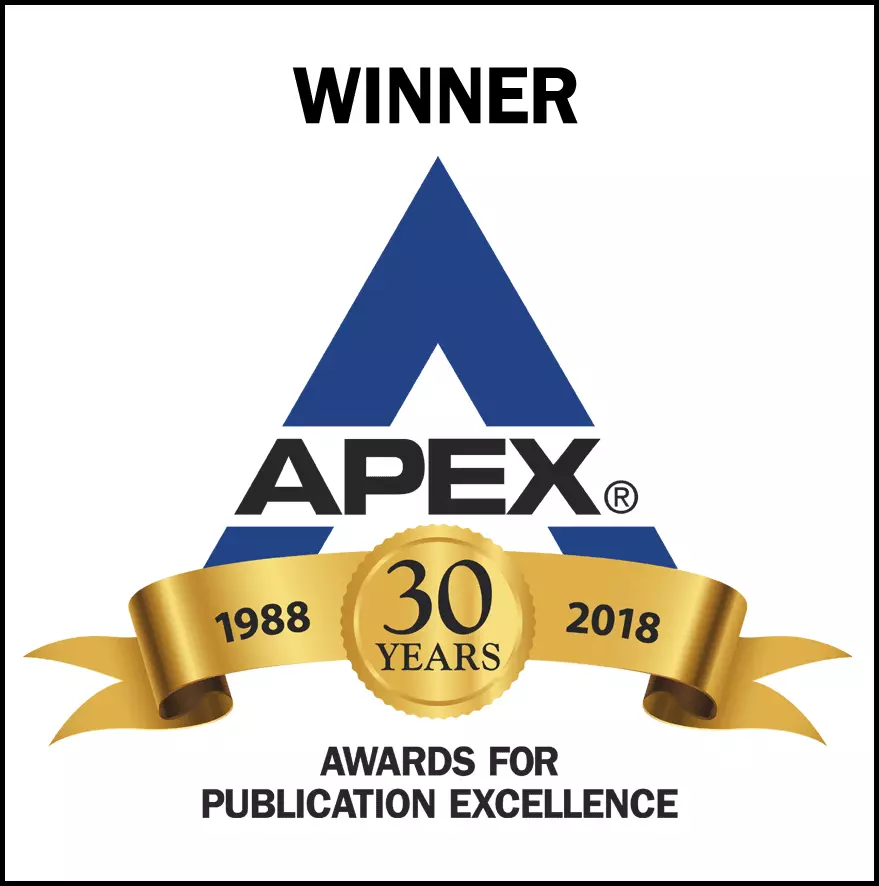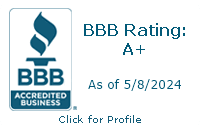When's the last time you auditioned for anything? It might be more recently than you think.


I recently needed to find a new Executive Assistant (EA) – also known as "my right hand," since this is the position I rely upon most to get my own tasks done. The best person I'd ever had in this position was only working part-time – about 24 hours a week – yet her productivity was incredible! She moved on to a full-time job, which truly was a great opportunity for her.
Past Screening Techniques Let Me Down ...
After a couple of false starts to fill this position – where I employed the same behavioral-based interview questions and sample work products requirement I'd successfully used in the past – I knew I needed to change how I was going about things. I'd spent a good amount of time researching the qualities which make a successful EA, and I'd come across several excellent resources. Most were presentations developed by experienced EA's to share with someone new to an EA role.
The best resource of all, however, turned out to be the companion web site to a textbook written for administrative professionals. Because the textbook was in its fifteenth edition and reviews on BarnesAndNoble.com and Amazon.com were very good, I explored some more – until I found the student resources web page associated with the book! These were in a free .ZIP file, which I downloaded, unzipped, and reviewed. There were a number of homework-related files, having typos (Word documents) to be corrected, formula and formatting errors (Excel workbooks) to be fixed, or verbal instructions (MP3 files) to be transcribed and acted upon.
... So I Tried Something Different ...
Thus, I began to devise a plan to use these and some other items I had in mind to construct an "audition" for what this position could be like – not on a typical day, rather on a frenzied day where tasks would come in left-and-right for the EA! I believed I could assess attention to detail, prioritization, communication, computer skills, and ability to learn on the job, all in 45 minutes! I discussed this idea in general with my coach, who provided several good suggestions to streamline and improve the audition. I then turned the table on her, and asked her to be the "guinea pig." She was game, so we set a date and time for the pilot test.
Remember, I did not discuss specifics of what I had in mind with my coach – just that it would be a "day in the life" of my EA. Thus, I set to work to construct a realistic scenario containing typical tasks I'd expect to be handled.
A few days later, it was time for the pilot test. My guinea pig arrived, and I started describing the overall scenario to her. She was taken aback at all the things I had in mind for 45 minutes, saying she believed completing all them would be impossible. Nonetheless, we conducted the pilot test, and she did quite well (her score was 4.2 out of 5.0), completing or attempting all the tasks. During our debrief, my coach said she'd been wrong about the 45 minutes – it WAS doable, it was just VERY challenging. Excellent – just what I had in mind!
... And This Worked!
I quickly made some changes she and I both agreed would further streamline the audition – and then it was immediately time to use the audition. The first candidate arrived, and my coach and I briefly interviewed her – after this, I launched the candidate into the audition, and then debriefed the interview with my coach. She and I both liked the candidate, who answered the questions well – yet we still had some question as to whether she could actually do the job. The audition gave us the answer – she only scored 2.4. Next candidate, please.
A few days later, the second candidate arrived – just as with the first, my coach and I briefly interviewed her, and there was a noticeable amount of energy and connection among the group during our conversation, not present in the first interview. I set the candidate off on the audition, then once again debriefed the interview with my coach – we both LOVED this woman's personality, background, desired hours (part-time), and skills. Still, the real question was – what would the audition show? She earned a score of 4.4, and performed all the assigned tasks, and then did some things I'd neither asked nor considered asking. The audition worked perfectly! A job offer was extended and accepted, and she's now my new "right hand."
"Ooch"
I recently completed the outstanding book, Decisive: How to Make Better Choices in Life and Work, by Chip Heath and Dan Heath. In Chapter 7, they describe an "ooch" as a small experiment designed to test one's hypothesis. A few pages later, they share a story about a guy interviewed by one of the Heath brothers for a graphic designer position. While this candidate did not interview especially well, the work samples he submitted were outstanding – the work samples were his "ooch" so he ended up getting the job and becoming a strong contributor. The analogy the brothers make is this ...
" ... imagine if the U.S. Olympic track coach used two tests in selecting the men who'd run on the 4x100 relay team. Test 1: Get the man on the track to see how fast he runs. And test 2: Meet him in a conference room and see if he answers questions like a fast runner would. Note that in most of Corporate America, our hiring process looks more like test 2 than test 1. Let's all slap our foreheads in unison." (page 149)
Yes, why didn't I think of that myself sooner when trying to fill my EA slot?
We're ALWAYS Auditioning
In reflecting further, I came to realize we not only audition to get a job – we continue to audition to keep the job. After all, what's a Performance Plan other than a audition script, culminating in a Performance Review to assess how well you handled the audition?
This applies not only to our job in the workplace – it carries over to roles in our personal lives, too. Those roles might be spouse, parent, friend, and school and community volunteer.
So whether it's called an "audition" or not, just keep this in mind – we're always auditioning for ALL our jobs or roles, by working to become the person we want to be!
Sincerely,

Todd L. Herman





